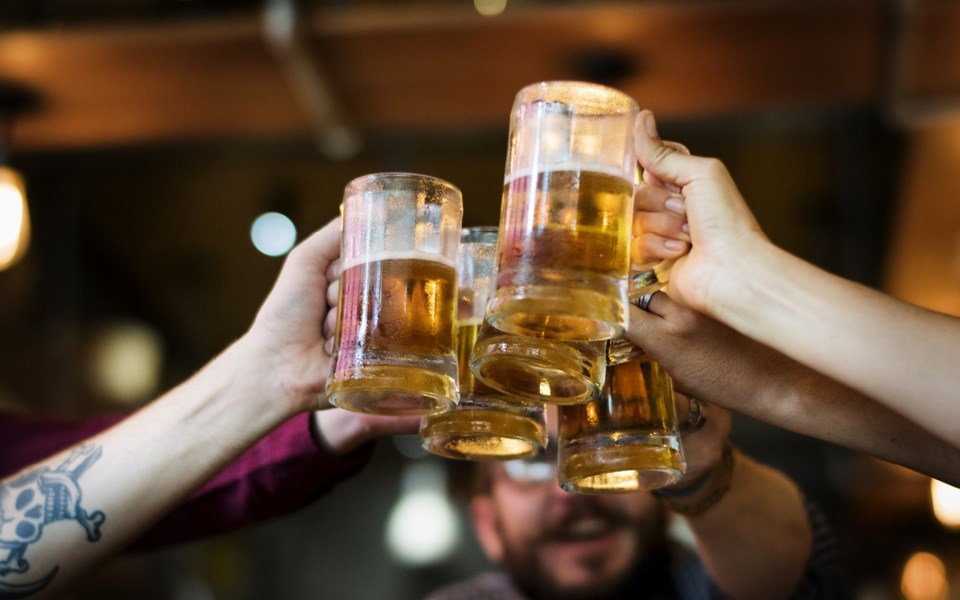With provincial liquor regulations now allowing almost any business to apply for a liquor licence, the Resort Municipality of Whistler will hold an open house to help direct its policy moving forward.
Under the new rules, hundreds of Whistler businesses are now eligible to serve liquor, provided they don't operate out of a motor vehicle or cater to minors.
While council updated its liquor policy in May in anticipation of the new rules, the update was "very high-level" and doesn't address specific issues "such as what types of businesses are appropriate for a liquor licence in Whistler," said municipal planner Frank Savage in a presentation to council on Nov. 21.
"Are there risks to either the public or customers? How might the service of liquor by non-traditional businesses potentially impact the atmosphere of the village, the experience of visitors, and the resort's reputation as a family-friendly resort?"
The new rules also raise questions about effects to businesses already licenced (Whistler has 106), an increase in "alcohol-related harms," impacts on youth and young adults, and what happens to a licence if a business closes or changes focus, Savage added.
"Other municipalities have been asking similar questions," he said, noting that the City of Vancouver has taken a cautious approach to the issue after a series of consultations and surveys, adopting a policy that aims to balance access to liquor with a goal to protect public health and safety.
"Only applications from arts and cultural organizations will be considered on a case-by-case basis (in Vancouver)," he said.
So what would be appropriate for Whistler?
"A clear policy and process is required so that potential applicants and municipal staff and council have some guidance," Savage said, adding that Temporary Use Permits (TUP) could provide a way forward.
"TUPs can be considered on a case-by-case basis, they provide flexibility and are discretionary, they can be issued for limited periods of time but can be renewed if that's the wish of the municipality," Savage explained.
"They don't establish permanent uses like zoning does, and they appear appropriate to address our policy objectives for the licensing of service for non-traditional businesses."
But before staff moves ahead with a potential policy, there are some questions to be answered: What types of businesses should be considered for liquor licences? Should specific conditions be attached? What are the potential benefits or negative impacts?
"We are proposing to convene a public open house to inform the community on the provincial policy and solicit input on the development of the municipal policy," Savage said, adding that no specific date has been set, but the aim is to hold it in mid-December.
It's interesting to see the provincial policy come forward now, said Councillor John Grills, as when it was last discussed at council it was focused on businesses like art galleries and salons.
"I like the process you've presented here," Grills said.
"I think bringing down the criteria and refining what type of business will be really important, but it's certainly been left wide open by the province."
"Yes it certainly has," Savage agreed.




